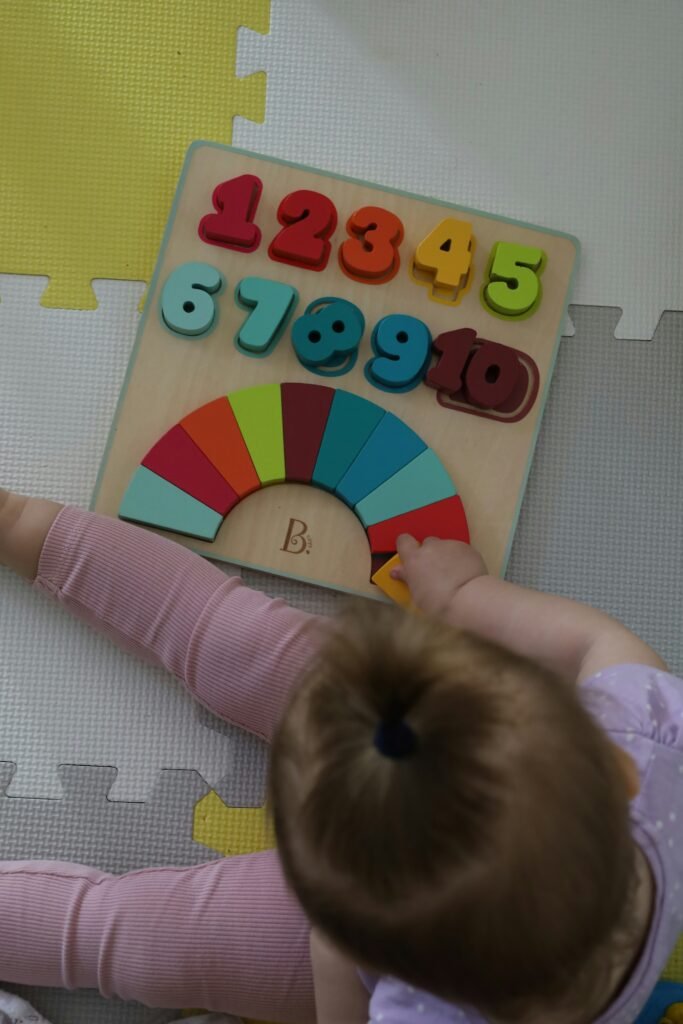Choosing the right childcare is one of the most meaningful decisions parents make in their child’s early years. It is about more than simply finding a vacancy or a convenient location. The ideal early learning environment supports a child’s growth while also fitting naturally into the rhythm of family life. Whether you are returning to work, studying, or simply seeking a nurturing community for your child, understanding how to align your childcare choices with your family’s needs can make all the difference.
For many families, childcare Albury centers and programs demonstrate how quality early education combines warmth, structure, and flexibility. The goal is to create a safe and stimulating environment that supports both children and parents equally.

Understanding the Types of Early Learning Options
Parents today can choose from several types of childcare, each offering unique advantages. The best choice depends on your child’s temperament, your daily schedule, and your family’s values.
Long Day Care
Long day care centers operate for extended hours and provide structured programs for children from infancy to school age. They are ideal for families with full-time or shift work schedules. These centers typically offer meals, planned learning activities, and consistent routines that help children feel secure and engaged.
Family Day Care
Family day care offers smaller group settings in a home-based environment. Children receive individual attention, and the flexible hours often suit families who need early starts or varied workdays. This option works especially well for siblings or younger children who benefit from close, personal relationships with educators.
Preschool and Kindergarten Programs
Preschool programs focus on early learning and school readiness, encouraging curiosity, literacy, and social development. Many families choose to combine preschool sessions with other forms of care to balance structured learning with flexible scheduling.
Occasional Care and Short-Term Programs
Some families prefer occasional care for part-time work, appointments, or short breaks. These programs allow children to build social confidence while helping parents manage their time more effectively.
Outside School Hours Care (OSHC)
For school-aged children, OSHC provides care before and after school as well as during holidays. These programs emphasize play, creativity, and social interaction while supporting busy families who need extended supervision.
Matching Childcare to Your Family’s Lifestyle
The most successful childcare choices are those that align with your everyday routine. Consider where and when you need care most. Families often find that proximity to home supports calmer mornings and smoother transitions, while care near a workplace can make pickups easier when schedules run late.
Flexibility also plays a major role. Some services offer casual bookings or extra days when needed, which helps families adapt to changing work hours or unexpected commitments. Planning logistics can reduce stress and help maintain consistency for your child.
Finding a Philosophy That Reflects Your Values
Every early learning service operates with its own philosophy and teaching approach. Some emphasize structured programs with set routines, while others promote play-based or nature-inspired learning. When touring a center, ask about how children spend their day, how educators guide learning, and how the program supports emotional well-being.
If your family values independence, a Montessori-inspired environment may be appealing. If creativity and outdoor exploration are priorities, a play-based or bush-kindy style program might be a better fit. The key is to find a setting where your child’s personality and your parenting style align naturally with the service’s approach.
Evaluating Quality and Educator Engagement
While ratings and accreditations can help guide your choice, the quality of interactions between educators and children is what truly defines a nurturing environment. Observe how educators speak with children, comfort them, and encourage participation. A warm and consistent approach builds trust and supports healthy emotional development.
Look for signs of professionalism such as clear communication, visible supervision, and safe, organized play areas. Ask about educator qualifications, ratios, and ongoing training to ensure staff are well-prepared to meet diverse needs.
Balancing Budget and Educational Value
Childcare represents an investment in your child’s early development, but it also needs to align with your financial circumstances. Compare daily fees, included services, and any additional costs such as meals or nappies. Understanding what is covered in the fee structure helps prevent surprises later.
Families may also be eligible for government subsidies or fee reductions based on income and activity levels. Staying informed about these programs ensures you maximize your entitlements and manage your budget effectively.
Preparing for a Smooth Transition
Once you have chosen a service, helping your child settle in is the next important step. Short orientation visits allow children to get used to new surroundings and routines gradually. Bring along a familiar toy or comfort item and stay calm during drop-offs to help your child feel secure.
Consistency is key. Over time, children build strong bonds with educators and friends, making daily routines enjoyable and reassuring.
Building Partnerships with Educators
The most successful childcare experiences are built on trust and communication. Stay connected with educators through regular updates, photos, or informal chats at pickup time. Ask how you can reinforce learning at home, whether through reading together, outdoor play, or practicing new skills.
A strong partnership between families and educators creates continuity and helps children thrive both inside and outside the classroom.
Final Thoughts
Finding the right early learning environment is about balance. It means considering not only schedules and costs, but also your child’s emotional, social, and developmental needs. The best childcare centers create a space that feels like a second home—where children are known, supported, and inspired to learn each day.
By exploring your options, understanding educational philosophies, and building genuine connections with educators, you can choose a service that aligns with your family’s values and lifestyle while giving your child the best possible start.